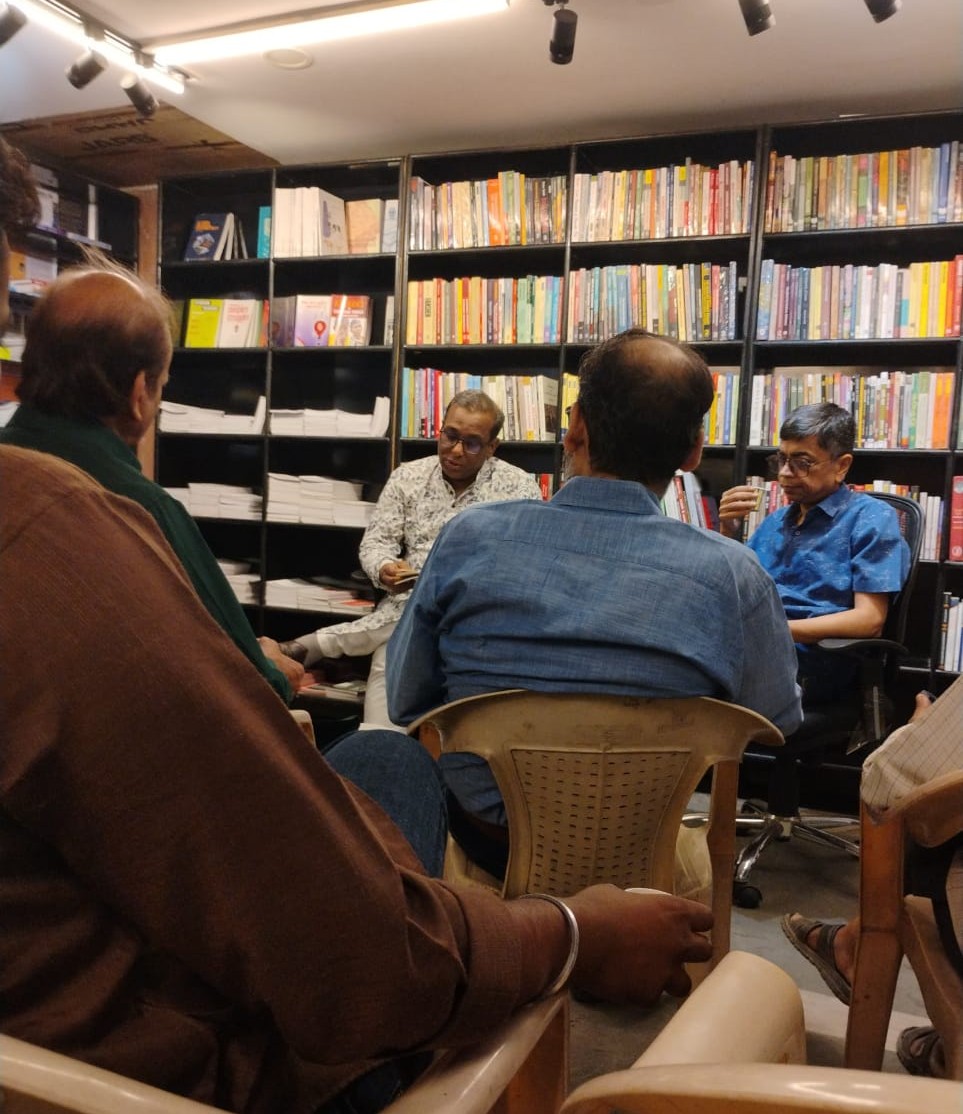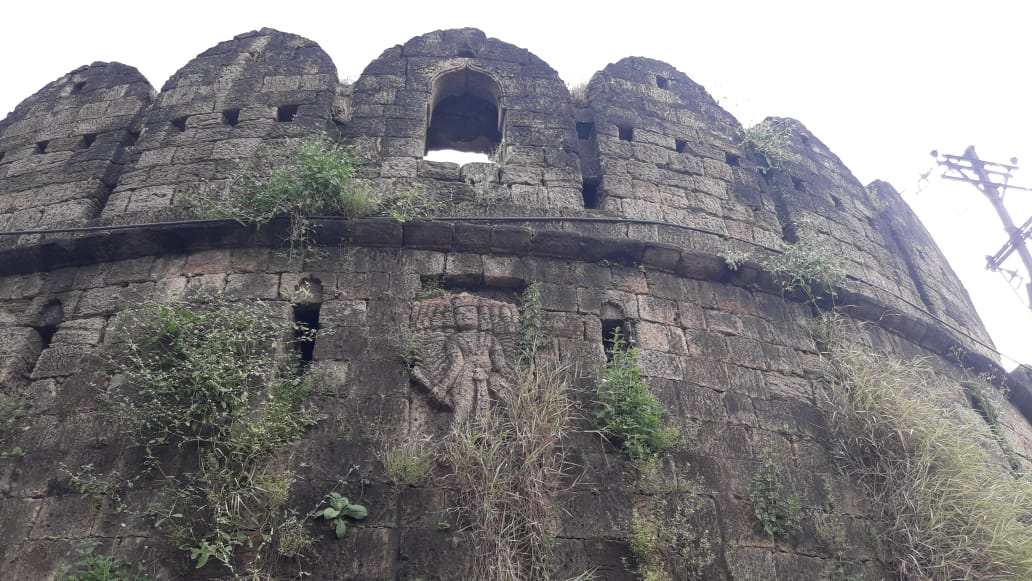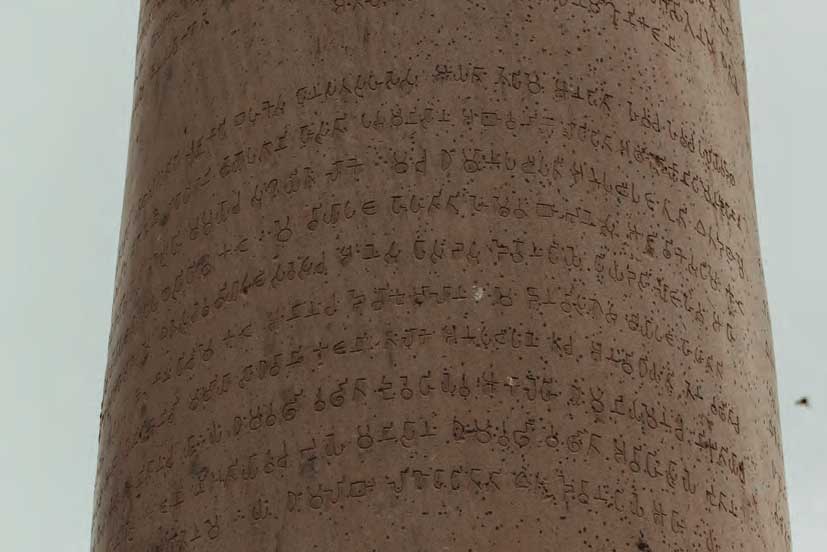Parampara Ka Mulyankan is one of Dr Ramvilas Sharma’s books. It begins thus: “Those who want to usher in a new era in literature, those who don’t want to tread the beaten path, those who want to break free from dogma and create revolutionary literature – for them, an understanding of literary tradition is of utmost necessity.” There is little doubt that an understanding of literary tradition or literary history is important for the creation of literature. It is even more so the case for literary criticism. There are many litterateurs who have critically evaluated literature without knowing its history. They include Ramchandra Shukla and Babu Shyamsundar Das – so much that on many occasions they have managed to put themselves in a laughable situation. For instance, there is this sakhi by Kabir, “Meetha khan madhukari bhanti bhanti ko naz. Dawa kis hi ka nahin, bin bilaiti bad raj.” Explaining its meaning, Babu Shyamsundar Das writes in Kabir Granthavali, “Christianity hadn’t entered India in his (Kabir’s) times but the word ‘bilait’ appears once in his verses – ‘bin bilait bad raj’. It cannot be said with certainty whether by “bilait” Kabir meant a European country or a foreign nation.” Had Babuji read history, he would not have bungled so embarrassingly. He would have known that “Vilayat” means the area under the jurisdiction of a “Vali”. Vali is an Urdu word which means a saint or a friend of god. Vilayat’s etymological roots are in the word “Vali”. As for Acharya Ramchandra Shukla, his ignorance of history is so monumental that if I were to talk about it here, there would be no place left for Ramvilas Sharma. What we will now see is how much of Ramvilas’ critical works are valid in terms of history and tradition.
About The Author

Kanwal bharti
Kanwal Bharti (born February 1953) is a progressive Ambedkarite thinker and one of the most talked-about and active contemporary writers. Dalit Sahitya Kee Avdharna and Swami Achootanand Harihar Sanchayita are his key books. He was conferred with Dr Ambedkar Rashtriya Award in 1996 and Bhimratna Puraskar in 2001




